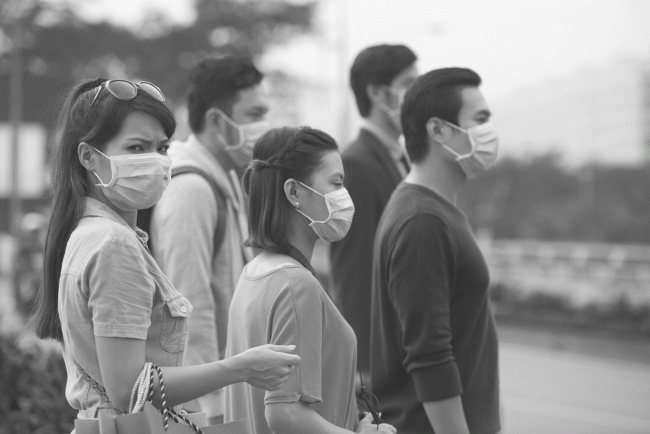Archives
Stay up-to-date and on top of your health with our e-Newsletter and receive updates on current treatments and vital health issues.
Coronavirus – Preventing the Spread

Information regarding coronavirus is changing rapidly. As we know, there is a significant outbreak in the City of Wuhan and surrounds in China. Nearly all cases of coronavirus have reported travel to Hubei Province where human to human transmission has been confirmed. With thousands of infected people and many deaths already reported, our vigilance for detection of new cases is essential. Whilst many of those infected will only experience mild symptoms, the virus can also cause more severe symptoms leading to fatal complications in vulnerable individuals with chronic disease, immune deficiency, the elderly and the very young
Features that may raise suspicion include:
- Travel to China
- Fever
- Respiratory symptoms including cough, shortness of breath and sore throat
An incubation period is the period of time during which an individual may be carrying the virus but not yet showing symptoms or signs of the disease. The incubation period for the coronavirus appears to be up to 14 days. At this stage, it is unclear whether one is contagious during the incubation period, prior to the onset of symptoms. However, similar viruses such as SARS and MERS demonstrated no infectivity until symptoms developed.
In its aim to curtail the spread of coronavirus in Australia, government officials are providing information to all passengers on flights from China asking them to seek immediate medical attention if they develop characteristic symptoms. Early detection is paramount to control of spread. This will enable diagnosis, isolation as well as appropriate precautions for those in contact with an infected person.
If you have recently returned from China you must isolate yourself at home for 14 days after departing China. This includes children who should not attend school or child care for 14 days after leaving China.
If you have recently returned from China and develop respiratory symptoms similar to those of a common cold, or have been in contact with someone infected with coronavirus, please contact your doctor as soon as possible and wear a mask if you have one. Do not travel on public transport or attend any public places.
Regardless of whether you have travelled recently, the best way to protect yourself is the same as you would for any respiratory infection. Practice good hygiene by:
– Making sure to clean your hands thoroughly for at least 20 seconds with soap + water or alcohol-based hand rub
– Cover your nose and mouth when coughing and sneezing
– Avoid close contact with anyone with cold or flu-like symptoms
Face masks are not recommended for the general population. However individuals with symptoms should wear a surgical face mask to reduce the risk of transmission whilst seeking medical advice.
If you have any questions regarding your health or concerns regarding coronavirus please contact your doctor as soon as possible.